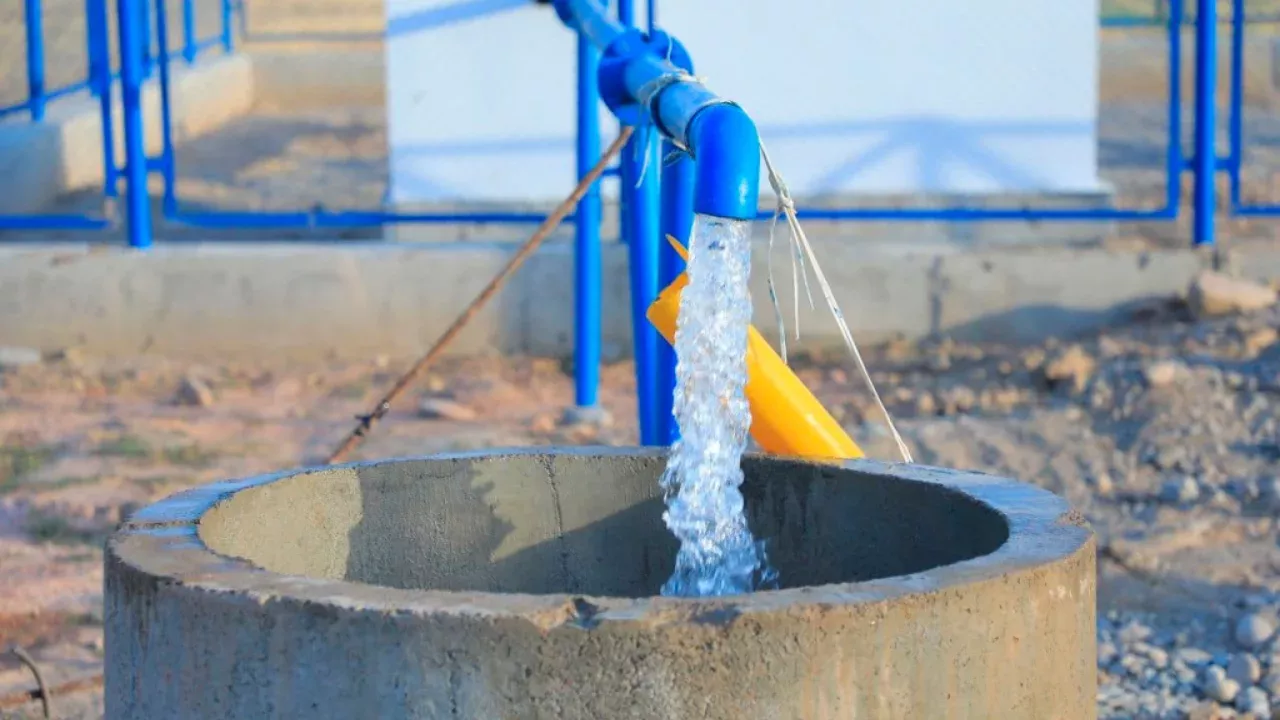A new water code has been adopted in Uzbekistan

A new legal document regulating the protection of water resources and their efficient use has been adopted in the Republic of Uzbekistan. This was reported by Zamin.uz.
The "Water Code," approved by law No. 1076 on July 30, 2025, aims to systematically manage the relations regarding the use of water, water bodies, and land of the water fund in the country. This code recognizes water as a national wealth and establishes the principles of rational and targeted use, as well as additional protective measures by the state.
The code divides water use into two main types: general and special use. General use includes obtaining water for drinking and household needs, swimming, watering livestock, and fishing for sports or recreational purposes.
These types of uses are carried out without permits and restrictions. Special use, on the other hand, is only permitted in cases specified in the code and based on a special permit.
Water bodies are classified as surface and groundwater bodies, as well as transboundary waters. Transboundary waters are those located within the territory of Uzbekistan and crossing state borders.
To ensure the effective management of water resources, water councils will be established at the republican and basin levels, and the Republican Water Council will operate under the Cabinet of Ministers. The code allows for the use of water bodies on a permanent, temporary, or public-private partnership basis.
The temporary use period is set to be at least three years and no more than 49 years. The new document also introduces the concept of water servitude.
This is aimed at ensuring the passage of citizens and vehicles, watering and driving animals, and free use of coastal areas, with servitudes being available in public or private forms. The "Water Code" will come into full force three months after its official publication.
This new regulation aims to introduce modern approaches to water resource management and increase public participation. Specialists and experts emphasize that the new code will play a significant role in the rational use of water, its protection, and ensuring ecosystem sustainability.
Source: zamin.uz







